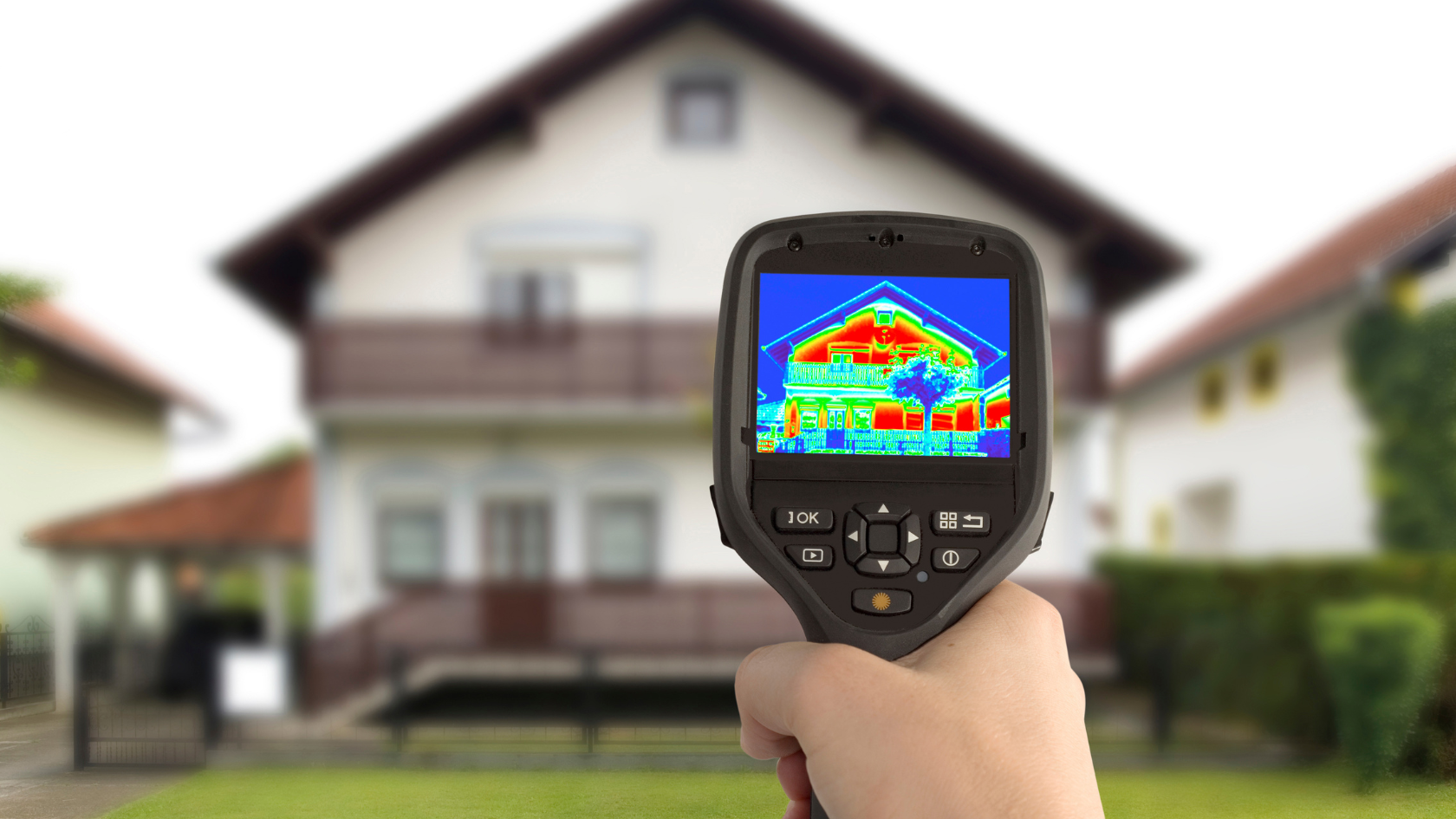New Jersey, known for its bustling cities and picturesque landscapes, faces a crucial challenge in climate change: reducing its carbon footprint. As we strive to build a sustainable future, one key area where we can make a significant impact is by improving energy efficiency in buildings. In this blog, we will explore the importance of enhancing energy efficiency in New Jersey’s buildings and its numerous benefits to individuals, communities, and the environment.
- Environmental Impact
Buildings are one of the largest contributors to greenhouse gas emissions. By improving energy efficiency, we can significantly reduce the environmental footprint of buildings in New Jersey. Energy-efficient buildings consume less energy, leading to a decrease in carbon dioxide emissions. By reducing emissions, we can mitigate climate change and contribute to global efforts to reduce greenhouse gas concentrations in the atmosphere.
- Economic Advantages
Investing in energy efficiency measures for buildings yields substantial economic benefits. Improved energy efficiency reduces energy consumption, lowering utility bills for homeowners and businesses. The savings from lower energy expenses can be redirected toward other essential needs or reinvested into the local economy, fostering growth and creating new job opportunities.
Furthermore, enhancing energy efficiency stimulates innovation and the growth of green industries. New Jersey has been at the forefront of renewable energy adoption, and by prioritizing energy-efficient buildings, the state can drive the demand for sustainable technologies and create a market for energy-efficient products and services.
- Health and Comfort
Energy-efficient buildings provide a healthier and more comfortable living and working environment. By implementing energy-efficient practices, such as proper insulation, air sealing, and efficient heating and cooling systems, buildings can maintain consistent temperatures, reduce drafts, and minimize the risk of moisture-related issues. This promotes better indoor air quality and lowers the chances of respiratory problems and allergies.
Moreover, energy-efficient buildings often incorporate natural lighting and ventilation, creating more pleasant spaces conducive to productivity and well-being. By optimizing energy efficiency, we can enhance the overall quality of life for residents and workers across New Jersey.
- Resilience and Adaptation
In recent years, New Jersey has experienced the devastating impacts of extreme weather events, including hurricanes, flooding, and heat waves. Improving energy efficiency in buildings plays a crucial role in enhancing their resilience and adaptive capacity. Energy-efficient buildings are better equipped to withstand extreme temperatures, reduce energy demand during peak periods, and maintain livable conditions during power outages. By investing in energy efficiency, we can build a more resilient infrastructure that can withstand the challenges of a changing climate.
Conclusion
Improving energy efficiency in buildings is not just a choice but a necessity in the face of climate change. New Jersey can lead the way in sustainable building practices and set an example for the rest of the nation. By prioritizing energy efficiency, we can protect the environment, boost the economy, enhance public health and comfort, and strengthen our communities resilience. Let us embrace this vital challenge and work together to create a greener, more sustainable future for New Jersey and beyond.
Article by
Rebecca Samson
Editor, Bio Development
Click Here to Schedule a Call With Bio Developing



Recent Comments